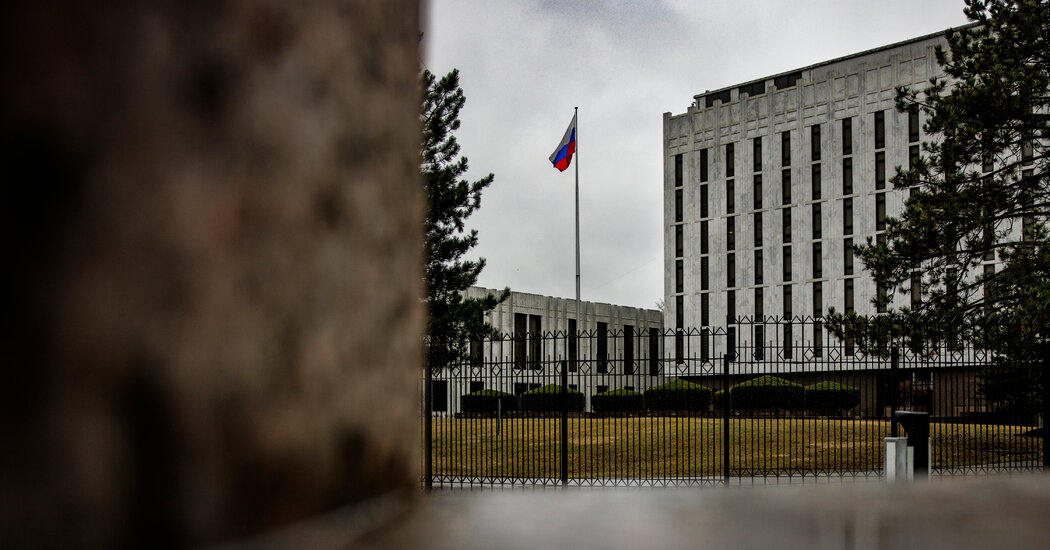Governments around the world have kicked out some 120 Russian intelligence officers since the invasion of Ukraine as part of the larger effort to expe
Governments around the world have kicked out some 120 Russian intelligence officers since the invasion of Ukraine as part of the larger effort to expel Moscow’s diplomats, according to a senior Western intelligence official.
Several officials on Wednesday said the expulsions were a significant counterintelligence victory that would set back efforts by Russia, but former officials cautioned that Moscow would have other ways to collect information and that the efforts would have little impact on the war in Ukraine.
A journalist for The Economist earlier put the worldwide expulsions of diplomats at 385, the largest coordinated effort in history.
In 2018, after the nerve agent attack on a former Russian intelligence officer living in Britain, London organized an international effort to expel Moscow’s intelligence officers from embassies around the world.
The senior Western intelligence official, who was not authorized to discuss the matter publicly, said the number of Russian spies expelled since Russia’s February invasion of Ukraine is even larger than the 2018 effort. While the diplomatic expulsions won’t stop Russian intelligence activities in Europe or the United States, “this is the best limiting factor we can do,” the official said.
Almost every country has some spies and intelligence officers stationed inside its various embassies around the world. Intelligence officers working from embassies usually operate under official cover as diplomats, offering them a degree of immunity. Spies operating in a country who pose not as diplomats but as business executives or other roles have little or no protection if they are caught stealing secrets.
Russia has three large intelligence services, and stations far more operatives in foreign capitals than most nations. Officials said the expulsions would move Russia far closer to parity, meaning it would have the same number of intelligence operatives in European capitals as those countries have in Moscow. Nevertheless, Russia is expected to respond, diplomats said.
The removal of the intelligence officers from Europe will cause Moscow problems over the long term, but in the short term President Vladimir V. Putin of Russia can get the information he wants about Western intentions through the open news media, according to former officials.
“It’s disruptive, they will have to find other ways to meet their sources and conduct the operations,” said Dan Hoffman, a former C.I.A. officer. “This is a good thing to do, but it is not going to turn the tide of the war.”
www.nytimes.com
